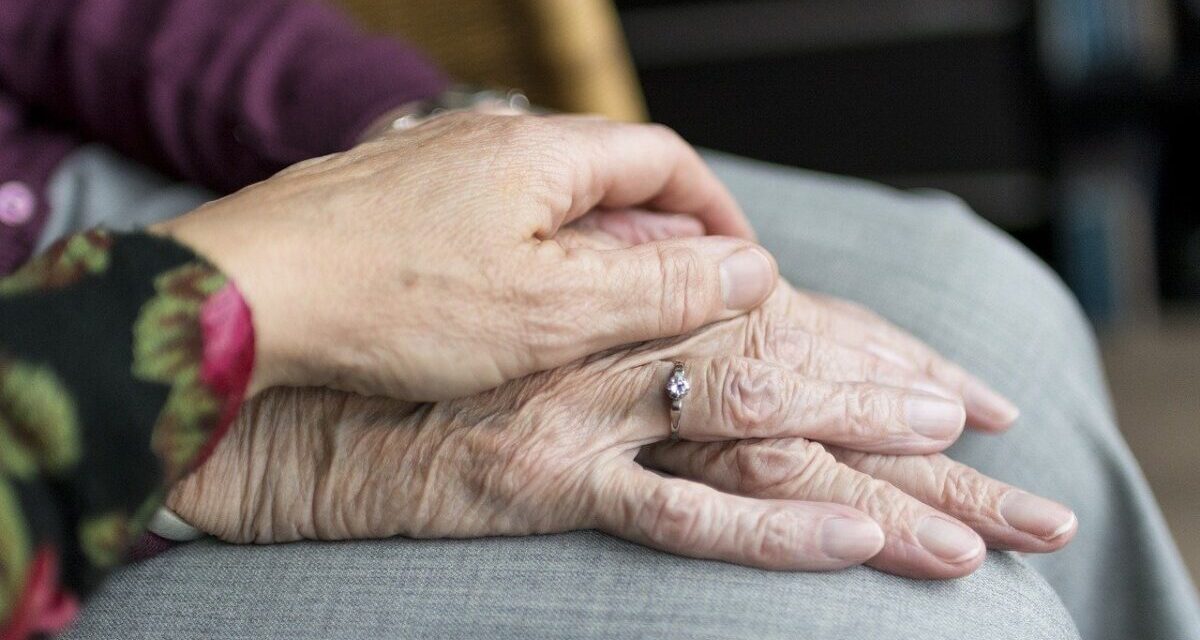Relatives must be equipped with information to recognize the needs of patients who are no longer able to express themselves.
The purpose of the National Dementia Program is to draw attention to the seriousness of the disease and its prevention, said the Secretary of State responsible for families of the Ministry of Culture and Innovation in Budapest on Wednesday. At the press conference following the second meeting of the Dementia Social Council, Ágnes Hornung reported that the council had commented on the National Dementia Program, and as a next step they would like to involve the major churches in the consultation. After that, the program will be presented to the decision-making forums.
He emphasized: the National Dementia Program supports wide-ranging knowledge expansion. They want to help families with dementia patients. The program also deals with home care and care at specialized institutions, he said.
The program covers the period up to 2030 and helps step by step to better understand the disease and the possibility of prevention. It also helps that if the disease has already been diagnosed, "we know what needs to be done, what is best for the patient," explained the state secretary.
He drew attention to the fact that dementia is a popular disease of our time, in which the change in personality and mental state places a great burden on families and relatives.
Péter Takács, the Health Secretary of the Ministry of the Interior, highlighted the importance of prevention at the press conference. Primary prevention requires a healthy lifestyle, it is a social responsibility for as many people as possible to get adequate information about this, he emphasized. As an example, he mentioned that the risk of developing dementia is increased by smoking, alcohol consumption or unrecognized hearing loss.
In secondary prevention, i.e. in the early detection of the disease, the midwifery and family physician systems have a responsibility, he added, emphasizing that the process of dementia can be slowed down with early detection.
Ágnes Egervári, a neurologist and neuropathologist, director of the Boldog Gizella Foundation, pointed out that dementia locks patients into a special world. He put it this way: it is necessary to arm the relatives with information so that they can recognize the needs of patients who can no longer express themselves. He also called it important that the affected families and relatives receive information and thus be able to cope with the symptoms of the disease.
MTI
Cover image: Patients are locked in a special world by dementia
Source: Pixabay












